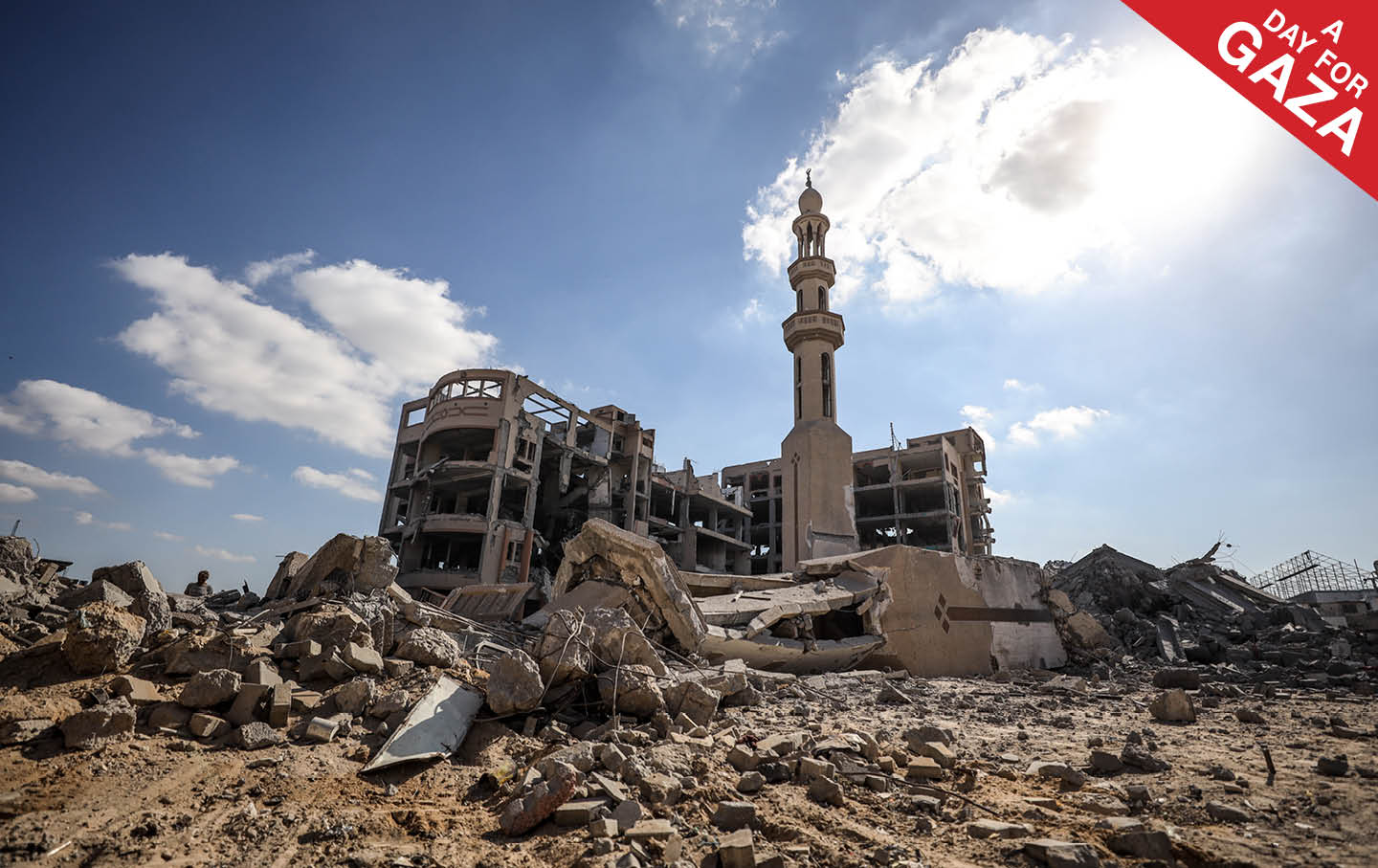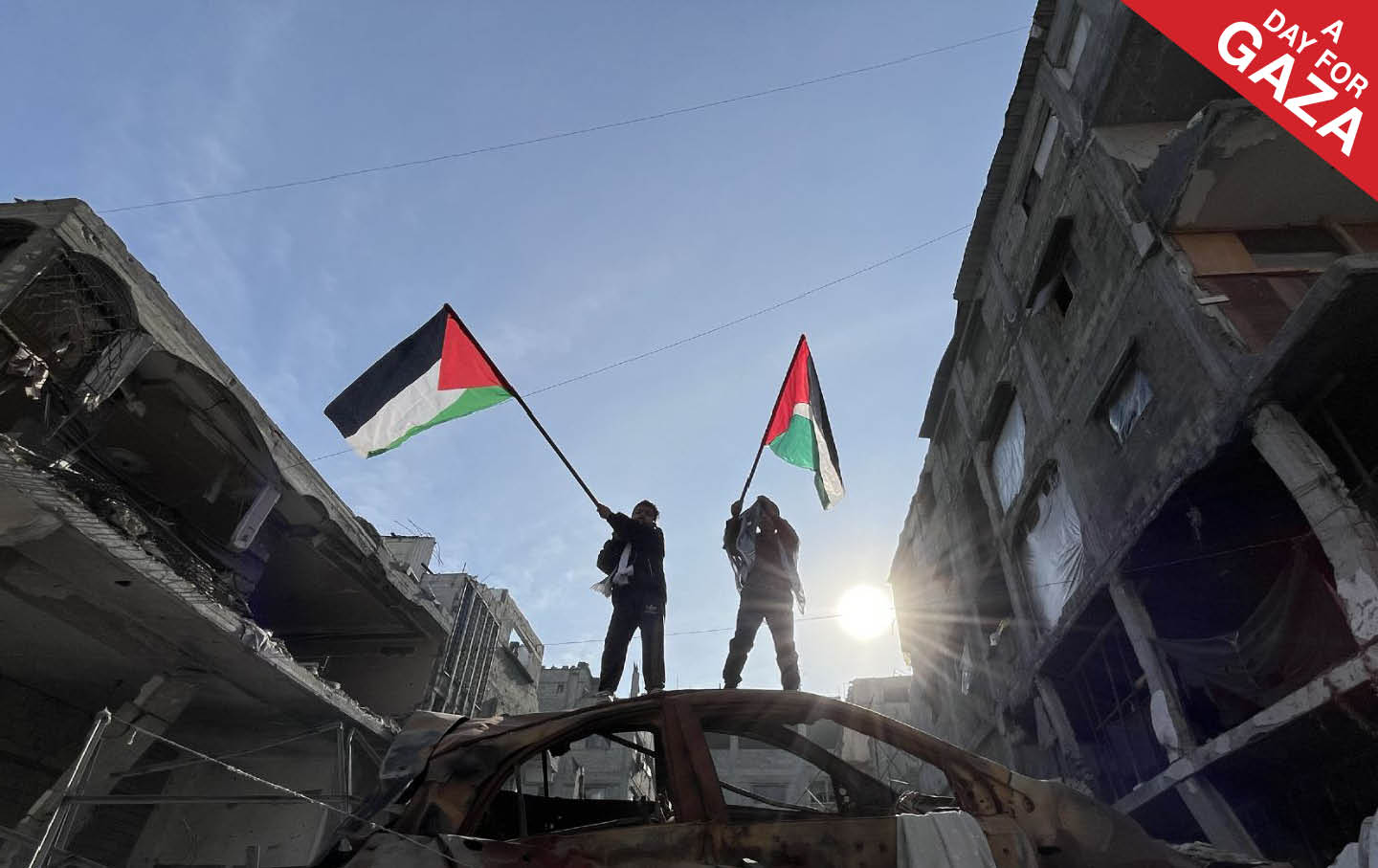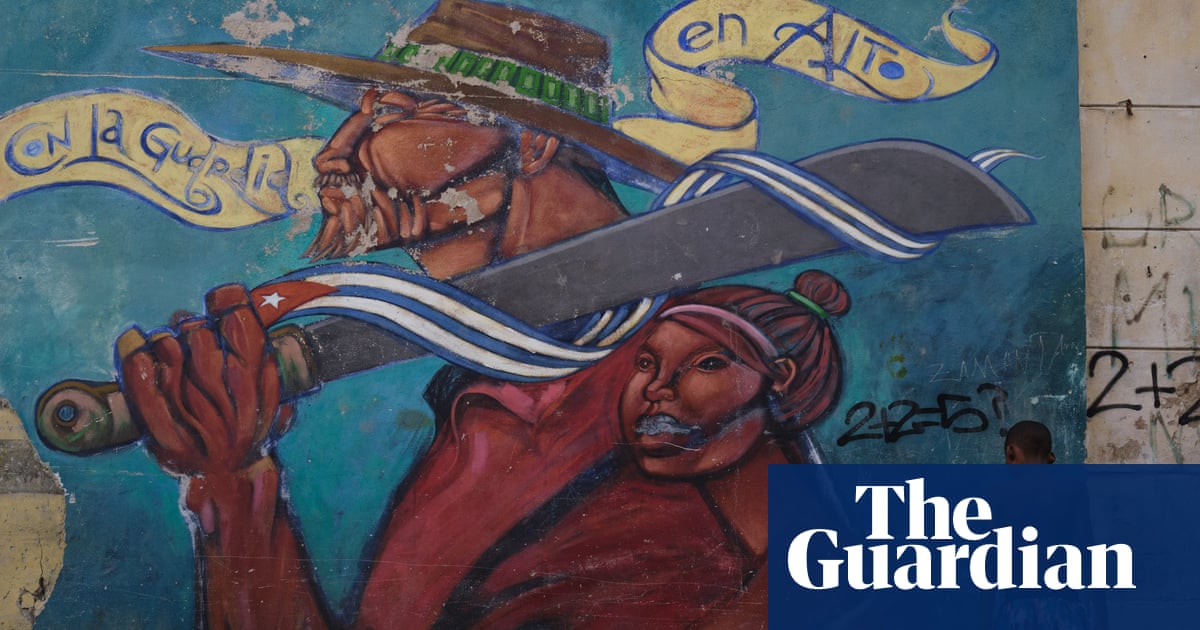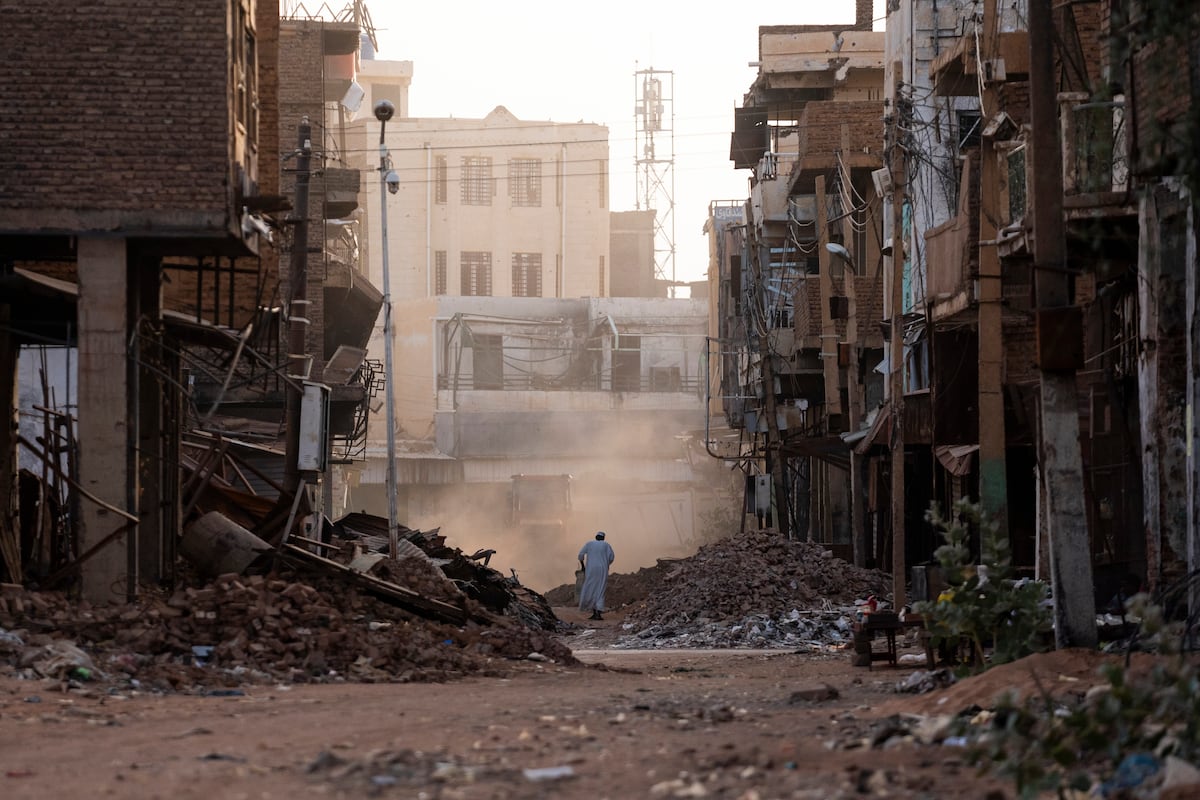#humanitarian-crisis
#humanitarian-crisis
[ follow ]
#gaza #displacement #sudan #ceasefire #civilian-casualties #sudan-conflict #rsf #cuba #flooding #us-sanctions
fromNature
3 days agoHow to rescue the aid industry: focus on conflict prevention, not just relief
In 2025, the administration of US President Donald Trump ordered the US Agency for International Development to be closed; this year, it withdrew the country from 66 international organizations. Other Western nations that are plagued with high levels of debt and pressure to prioritize domestic challenges have slashed their foreign aid, too. According to projections, official development assistance dropped by 9-17% in 2025, amounting to some US$55 billion.
World news
fromwww.aljazeera.com
1 week agoThe cold, hungry reality of displacement in war-torn Sudan's Tawila
Montaha Omer Mustafa, 18, was among many people who managed to get out of el-Fasher before the city's seizure by the Rapid Support Forces (RSF) paramilitary group, but only after paying for passage and going days on foot with little water, moving through villages and scrubland. As fighting closed in on the last big city held by the government-aligned Sudanese Armed Forces (SAF) in North Darfur state, tens of thousands of residents fled westwards, abandoning homes, possessions, and even family members.
World news
fromwww.aljazeera.com
1 week agoSudan military claims to break siege of key Kordofan city of Kadugli
Sudan's military says it has broken through a siege by the Rapid Support Forces (RSF) paramilitary group of the South Kordofan capital of Kadugli, marking its second major advance in less than a week. General Abdel Fattah al-Burhan, the de facto leader of the country, visited Sudan's public television station in the city of Omdurman on Tuesday to assert that his forces had opened a supply route to the capital.
World news
fromwww.independent.co.uk
1 week agoNearly 23 million extra deaths worldwide by 2030 as aid cuts bite, study says
From reproductive rights to climate change to Big Tech, The Independent is on the ground when the story is developing. Whether it's investigating the financials of Elon Musk's pro-Trump PAC or producing our latest documentary, 'The A Word', which shines a light on the American women fighting for reproductive rights, we know how important it is to parse out the facts from the messaging. At such a critical moment in US history, we need reporters on the ground.
US politics
Environment
fromFortune
2 weeks agoClimate change mans Southern Africa got a year's worth of rain in just 10 days, killing over 100 people | Fortune
Human-caused climate change intensified recent torrential rains in southern Africa, worsening floods that caused deaths, mass displacement, and extensive damage to housing and infrastructure.
fromTruthout
3 weeks agoIn Gaza, We're Struggling to Reintroduce Foods to Bodies Adjusted to Starvation
Since October's ceasefire, which meant Israel would allow some - but not nearly enough - aid trucks to enter our besieged Strip, people in Gaza have desperately been eating, whenever possible, what they had been deprived of previously. Yet, as a result, many have developed " refeeding syndrome," which is a serious medical condition. Refeeding syndrome occurs when food is suddenly reintroduced after a prolonged period of starvation - and Israel has subjected those of us in Gaza to such periods on multiple occasions.
World news
Miscellaneous
fromLondon Business News | Londonlovesbusiness.com
3 weeks agoPutin's winter war: Freezing Ukraine into submission while reality is normalised away - London Business News | Londonlovesbusiness.com
Russia is deliberately targeting Ukrainian civilian energy infrastructure this winter as a campaign of attrition aimed at civilians, causing widespread humanitarian suffering and displacement.
US politics
fromenglish.elpais.com
3 weeks agoThe black hole of Camp East Montana: Three deaths in 44 days at the largest migrant detention center in the US
Camp East Montana saw three detainee deaths in 44 days amid allegations of medical negligence, mistreatment, and excessive force at an overcrowded tent facility.
fromwww.dw.com
3 weeks agoDavos 2026 udpates: Spanish PM cancels trip amid train crash
President Daniel Chapo has canceled his trip to Davos because of severe flooding in Mozambique that has damaged infrastructure and affected hundreds of thousands of people. Chapo published a Facebook post late on Sunday saying that the country was going through "a tough time." "As President of the Republic, our place is with our people. We maintain our commitment to investment and international partners, but the absolute priority at this moment is to save lives," he wrote.
World news
Miscellaneous
fromwww.aljazeera.com
3 weeks agoAs Russian attacks worsen Ukraine's energy woes, Trump rebukes Kyiv
Russian drone and missile attacks severely damaged Ukraine's energy infrastructure, causing civilian casualties, widespread power outages, and a deepening humanitarian crisis in freezing temperatures.
fromwww.aljazeera.com
4 weeks agoUN's Albanese: Israel treats storm-hit Palestinians of Gaza as expendable'
Francesca Albanese, the United Nations special rapporteur on Palestine, has accused Israel of treating Palestinian lives as expendable, linking the hellish impact of a deadly winter storm in Gaza directly to the deliberate destruction of the enclave's infrastructure. Speaking to Al Jazeera Arabic on Tuesday as a deep weather depression pummelled the Gaza Strip, killing at least seven children, Albanese said the weather disaster had exposed the depth of Israel's disregard for civilian survival.
World politics
Miscellaneous
fromRadioFreeEurope/RadioLiberty
1 month agoKyiv's Electricity And Water Cut After More Russian Attacks Overnight
Kyiv experienced a widespread blackout cutting electricity, water, and heating for millions after Russian drone strikes, amid freezing temperatures and extensive infrastructure damage.
US politics
fromJezebel
1 month ago11 Million Cubans Are Poised to Starve Without Venezuelan Oil. How Many Will We Allow to Die?
An imminent Cuban collapse could trigger mass violence, chaos, and humanitarian catastrophe concentrated on vulnerable citizens, with serious moral responsibility falling on the U.S.
fromwww.aljazeera.com
1 month agoAfter the floods of 2025, can we keep 2026 above water?
Flooding has become the world's foremost climate hazard', according to experts. So what do we do about it? Devastating floods ravaged multiple regions of the world in 2025, from Southeast Asia to North America and the Middle East. We asked climate experts what is causing the devastation and what governments should be doing to prevent the situation from becoming even worse in the coming year.
Environment
fromwww.aljazeera.com
1 month agoSudan's Darfur grapples with severe measles outbreak amid ongoing violence
We have 25 beds [in] isolation for measles, but every day the number of cases is increasing, Almohammed said in an interview from Amsterdam. The capacity of MSF to respond to all the needs of the people in Darfur is really limited. We cannot cover everything. Yes, we are trying to focus on the most lifesaving medical care, but still, our capacity is also limited, he said.
Public health
[ Load more ]































